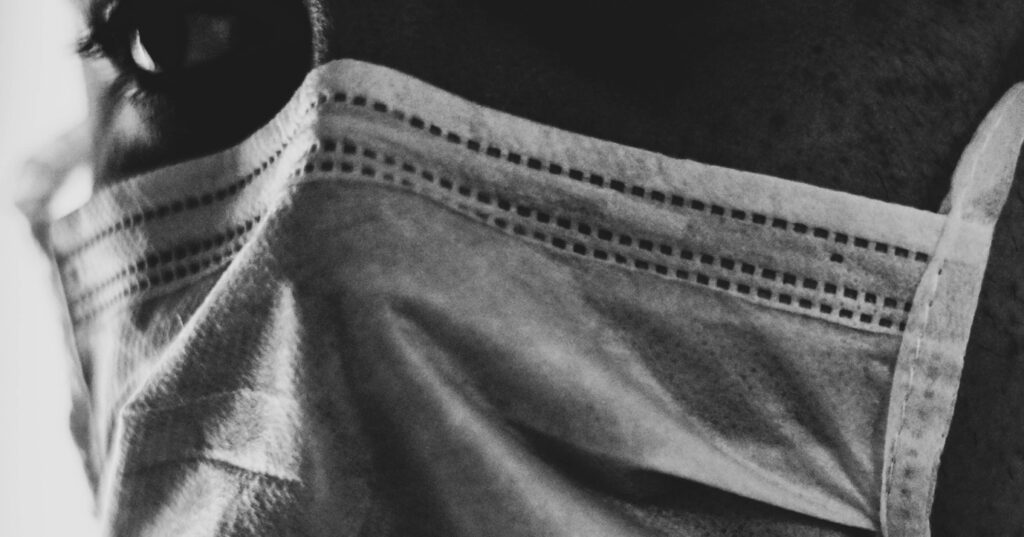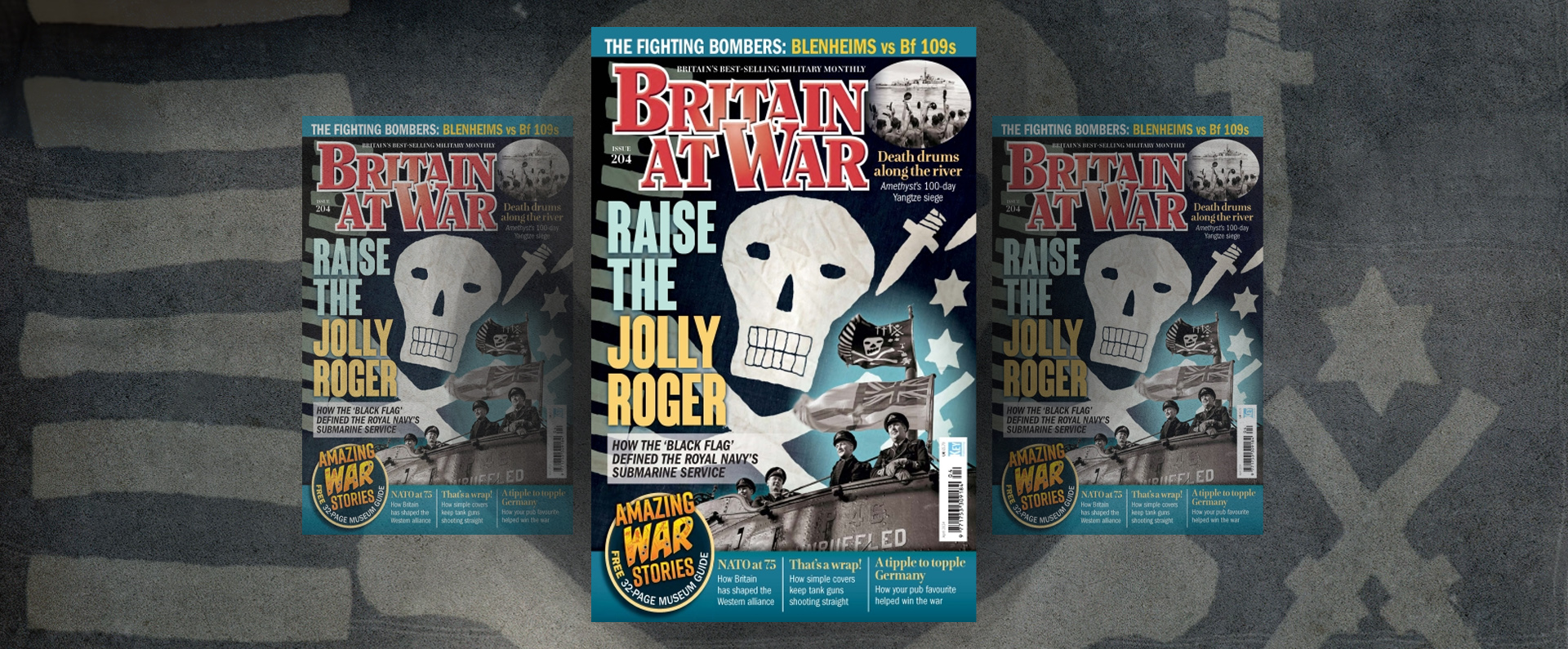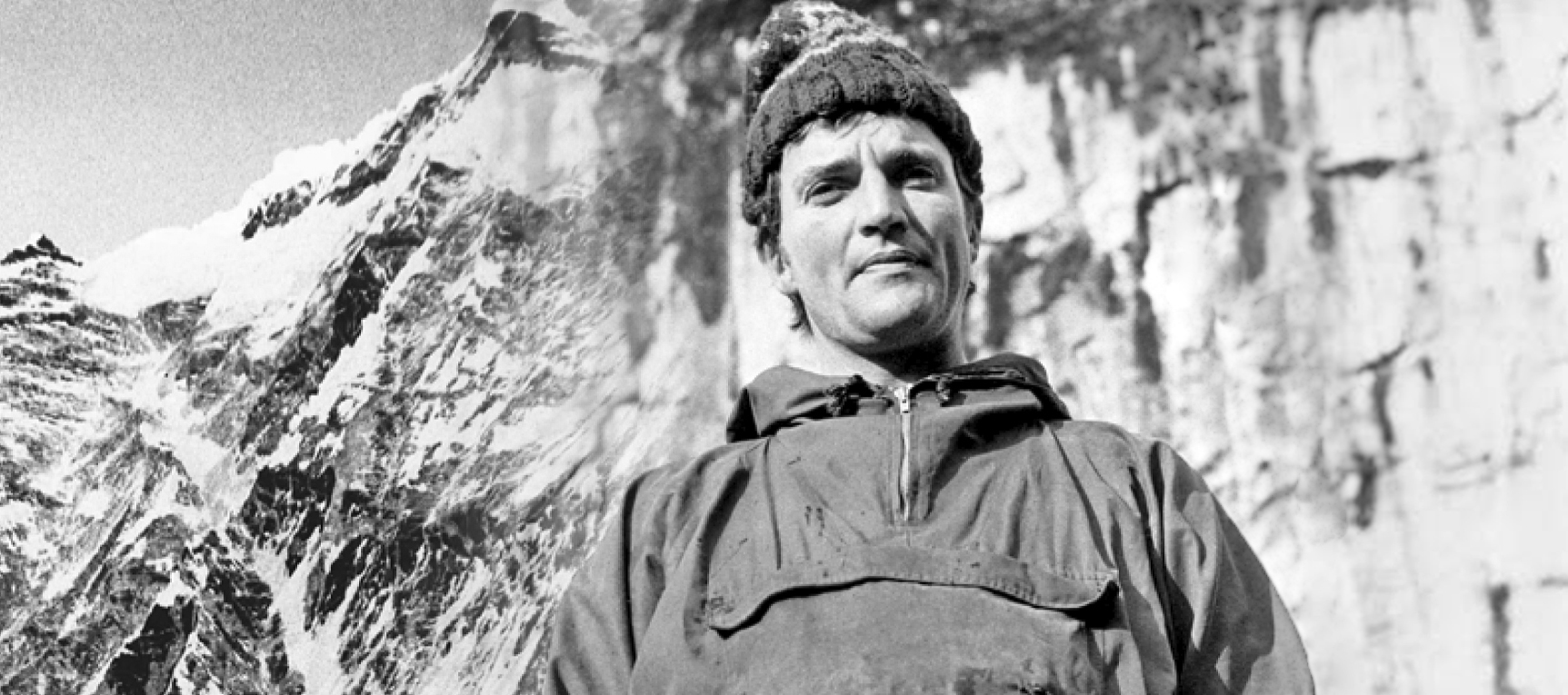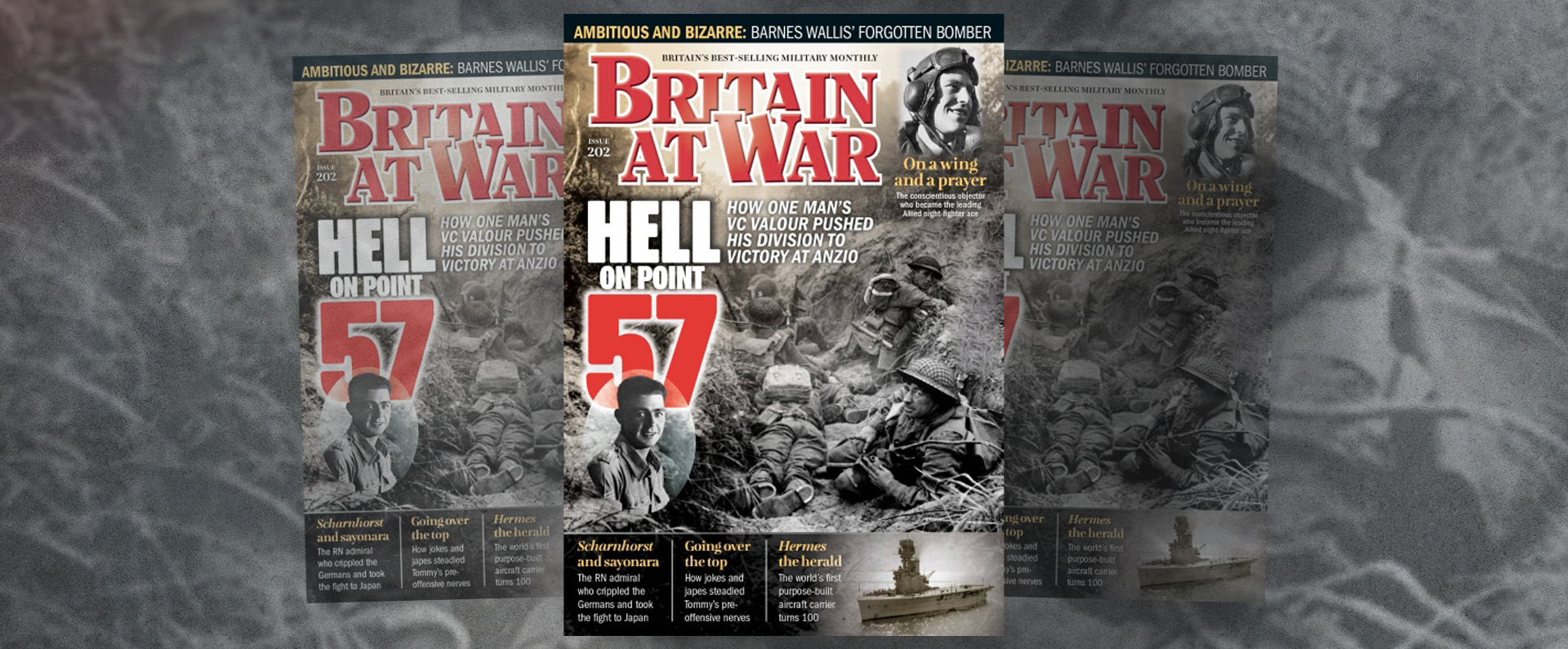
I just wanted to send you my very best wishes as you recover from coronavirus. After watching your video address to the nation on Easter Sunday, I tweeted a link to it with just a single word: “Fantastic.”
I am so relieved that you are out of hospital and out of danger, and I thought your generous words of praise for the NHS echoed the gratitude of the country towards the astonishing dedication of frontline staff. You were spot-on to describe the NHS as the “country’s greatest national asset”, “the beating heart of this country” and “powered by love”.
In fact, it is the subject of the NHS that I would like to address in my letter. As you know only too well from our discussions over the years, I have a passion for bravery, in general, and gallantry awards, in particular.
On September 24, the George Cross (GC) will mark its 80th anniversary. It is a wonderful gallantry medal, created early in the Second World War by George VI primarily to reward the courage of civilians engaged in rescue work and bomb disposal teams.
Relevant groups and charities, such as the Victoria Cross and George Cross Association, have been considering the best way of marking this landmark anniversary.
As the proud custodian of the world’s largest collection of VCs and GCs and the author of six books on courage, I would like to make a humble suggestion to both you and the Queen for when you have your next audience together: would it not be fitting for Her Majesty to bestow a collective GC on the NHS for the incredible efforts of its staff in treating coronavirus patients?
The award could even be announced to mark the 80th anniversary of the GC.
It is true that gallantry medals are usually awarded to individuals but the rules and regulations relating to the GC allow for a collective award. In fact, it has happened on two previous occasions: to the island of Malta in 1942 and to the Royal Ulster Constabulary (RUC) in 1999.
In recent days, it has become apparent just how much the nation is already indebted to our frontline health workers and this great respect for the NHS will only grow over the coming weeks and months.
We are now nearly a month into the “lockdown” and the nation’s weekly Thursday night clapping for the NHS gets louder and louder. In Manchester and other parts of the country, people have even painted roads with messages such as “Thank you NHS”.
During this current emergency, many people from all walks of life have stepped up to the plate – but it has been our 1.3 million NHS workers who have borne the brunt of the burden.
I had initially thought that striking a new service medal, perhaps even called the Covid-19 Medal, specifically for those frontline workers, would be the best way of rewarding such commitment and public service. This might have been similar to the Ebola Medal awarded for humanitarian work in West Africa from 2014-16. However, such a service medal might still be given as well the collective GC.
As the seriousness and length of the Covid-19 emergency grows, I believe that the collective award of the GC to the NHS is the most appropriate way of recognising the astonishing efforts of those working for our public-funded healthcare system. I see in recent days a few people have started airing similar thoughts on social media.
A look back into the history books – which I did when researching my book George Cross Heroes (first published in 2010) – shows that both the Queen and her late father considered that, in the right circumstances, a collective GC was the best way to acknowledge exceptional courage and service that had lasted months, or even years.
The GC was instituted in order to acknowledge supreme bravery that did not actually take place in the heat of battle. The decoration was instead awarded for “acts of the greatest heroism or of the most conspicuous courage in circumstances of great danger”.
Since 1940, it has been directly awarded 163 times, including, as stated, twice collectively. The first collective award of the GC was announced on April 15 1942 and it was made to the island of Malta. Instead of the traditional announcement in The London Gazette, the Government’s official journal of record, it came instead in a hand-written letter from George VI to the Governor of Malta: “To honour her brave people I award the George Cross to the Island Fortress of Malta to bear witness to a heroism and devotion that will long be famous in history.”
The award was to mark the courage of the island’s people for nearly two years from June 1940 to April 1942, when the island became the most heavily bombed location on earth and its inhabitants suffered terrible hardships.
The second, and to date final, collective award of the GC was made to the RUC on November 23 1999 for the bravery of its members during the Troubles. The announcement was made by Buckingham Palace and the citation began: “For the past 30 years, the Royal Ulster Constabulary has been the bulwark against, and the main target of, a sustained and brutal terrorism campaign. The Force has suffered terribly in protecting both sides of the community from danger – 302 officers have been killed in the line of duty and thousands more have been injured, many seriously.”
As our medical teams and others risk their own lives to treat tens of thousands of Covid-19 sufferers, we once again need to respond in terms of finding an appropriate way of rewarding exceptional service and, in some cases, outstanding bravery. Indeed, working in the face of a lethal virus, in cases without sufficient protection, shows nothing but
exemplary courage.
Yes, of course we have our Honours System whereby twice a year the Queen, in her New Year and Birthday Honours, announces a long list of graded awards for public service but,
in this year of all years, that may not be enough.
One thing is certain: these are extraordinary times and they require a similar scale of response to recognise the service
and courage of those who are at the forefront of the battle against this deadly virus.
Anyway, I wish you a full and speedy recovery.
Yours sincerely,
Michael Ashcroft



